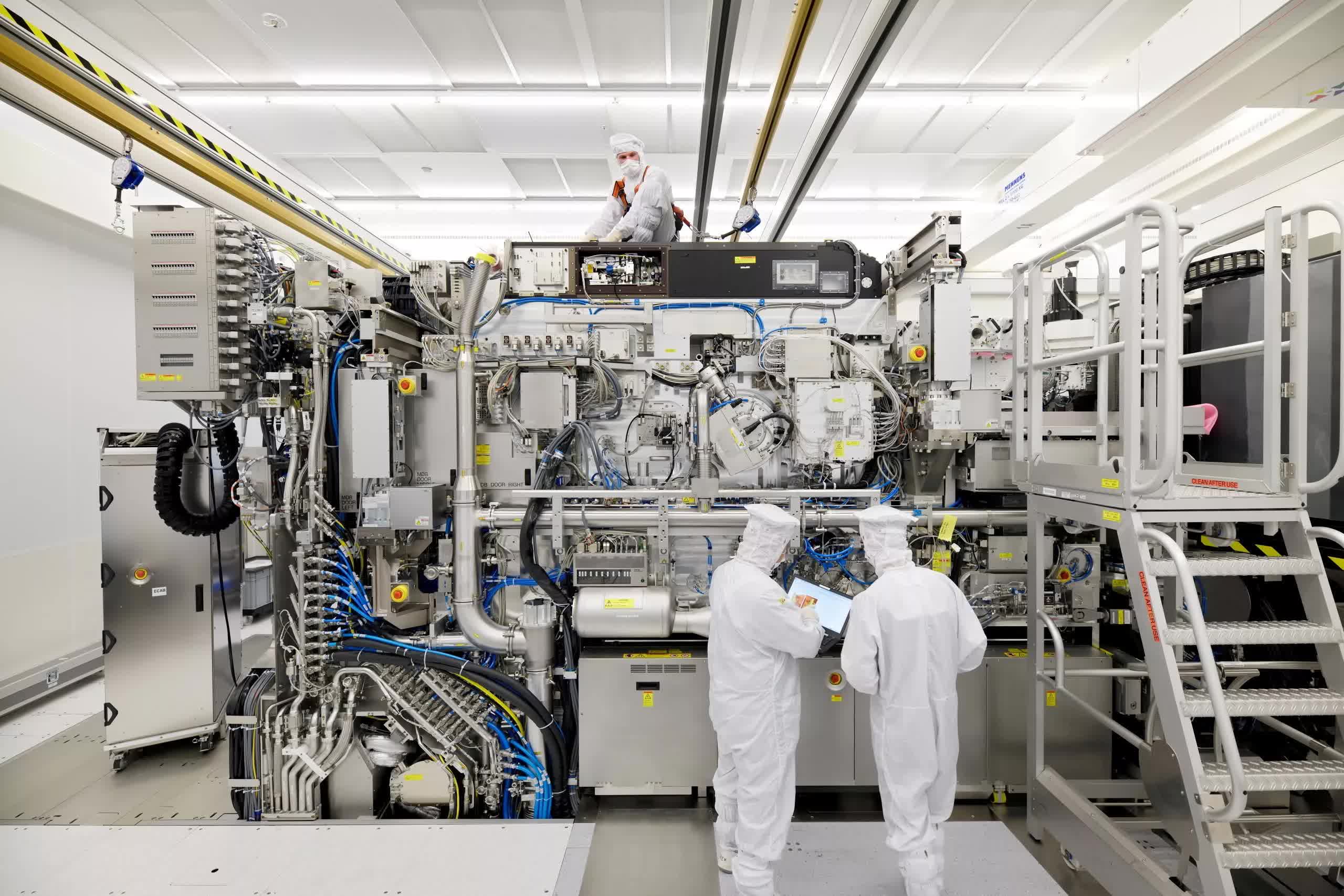In brief: China's semiconductor industry continues to suffer the effects of strict Covid policies, a struggling economy, and US sanctions. The country saw its largest-ever monthly drop in the production of integrated circuits in August, marking the sector's second consecutive month of decline.
The South China Morning Post reports that output of ICs was down 24.7% year-on-year to 24.7 billion units in August, the single largest monthly fall recorded since records began in 1997. Production volume was the lowest on record since October 2020.
This is the second month in a row that Chinese IC production has fallen; it was down 16.6% to 27.2 billion units in July. There had been a slight rebound in May and June, the result of lockdowns easing in Shanghai, where many assembly plants are located.

The SCMP writes that the decline can be attributed to new coronavirus outbreaks coupled with China's zero-Covid policy, as well as consumer spending cuts, power shortages caused by local heatwaves, and the global economic downturn. But a significant factor is likely to have been US sanctions.
Related reading: US-China semiconductor battle: Second and third order consequences
The Biden administration introduced more restrictions on tech exports to China last week in a bid to hamper the country's ability to "obtain advanced computing chips, develop and maintain supercomputers, and manufacture advanced semiconductors," which the White House says are used to produce military systems including weapons of mass destruction. China's Global Times newspaper warned that the move would have dire consequences for the US.
The US previously introduced new export rules prohibiting Nvidia and AMD from selling high-end accelerators to China and Russia. The administration also has its entity list, with Huawei being the most famous name it contains. The Chinese tech giant has suffered enormously since its addition.
The Post notes that a record 3,470 companies in China, including those that use the Chinese word for "chip" in their registered names, brands, or operations, went out of business in the first eight months of the year. With the impact of the most recent US restrictions yet to be felt, there's likely more woe in store for the country's tech industry.
